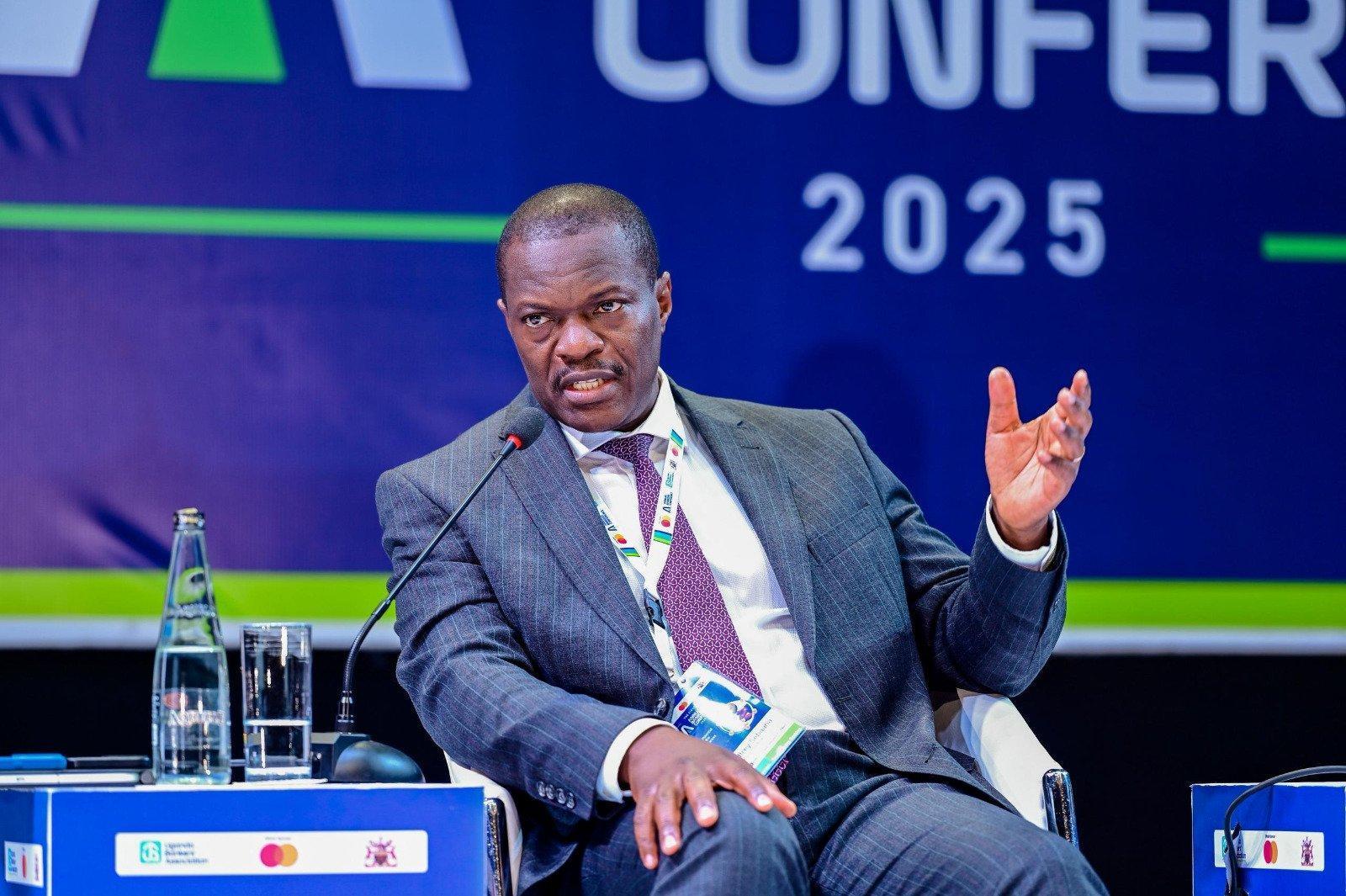Africa-Press – Uganda. Diamond Trust Bank (DTB) Uganda is redirecting its remittance strategy towards the United Arab Emirates (UAE) and Asia, as money transfers from traditional sources in Europe and North America slow down.
For years, Ugandans living in Europe and the U.S. dominated remittance inflows. However, according to DTB CEO Godfrey Ssebaana, there is now a significant shift towards the Gulf and Asian countries, where many Ugandans are working.
“Unfortunately, many Ugandans in these markets lack proper financial planning tools, putting their savings and families at risk,” Ssebaana said while speaking at the UBA Annual Bankers Conference held in Kampala under the theme, “Harnessing the Potential and Maximising the Impact of Remittances on Development.”
To address this, DTB is improving the safety and convenience of remittances through mobile money and bank integrations.
The bank has strengthened its partnerships with Western Union, MoneyGram, and TerraPay, while investing in digital technology to enhance its services.
Uganda receives over $1 billion (about Shs3.7 trillion) in remittances annually, with DTB handling close to 800,000 transactions each year.
Ssebaana emphasized the need to shift remittance use from daily consumption to long-term investments.
In response, DTB is offering diaspora-friendly investment products such as Treasury bills and bonds and is developing alternative credit scoring models to help Ugandans abroad access business and mortgage loans without traditional collateral.
However, Ssebaana noted persistent challenges, particularly fraud. “Many in the diaspora want to invest but have been defrauded by unregulated real estate schemes,” he said.
To counter this, DTB is rolling out financial literacy programs, virtual advisory clinics, and webinars targeting Ugandans abroad—especially in high-volume corridors like the UAE and Asia.
He also urged the government to enhance cybersecurity and tighten regulatory oversight to safeguard diaspora investments.
Moses Muguwa, Commissioner at the Ministry of Finance, noted that government is working to modernize Uganda’s remittance ecosystem through international partnerships and updated regulations.
He highlighted emerging technologies like blockchain and stablecoins, which could reduce transfer fees from the current 10–20% to as low as one cent per dollar.
Haji Masoud Obeid, Chairperson of the Uganda Forex and Remittance Association, said that while forex bureaus are critical players in money transfer, they face steep operational costs.
These include anti-money laundering audits costing up to Shs50 million, persistent fraud risks, and technology shortfalls.
He appealed to the government to grant forex bureaus access to the national ID database for easier identity verification and to fund public education campaigns on the safe use of remittance services.
For More News And Analysis About Uganda Follow Africa-Press






